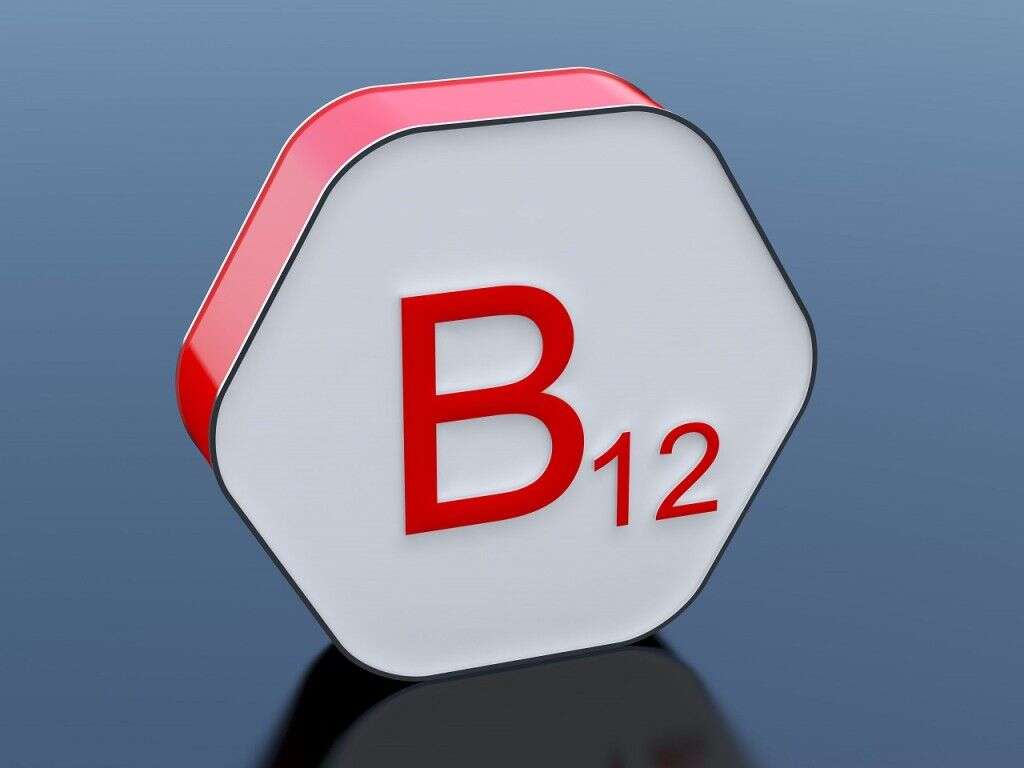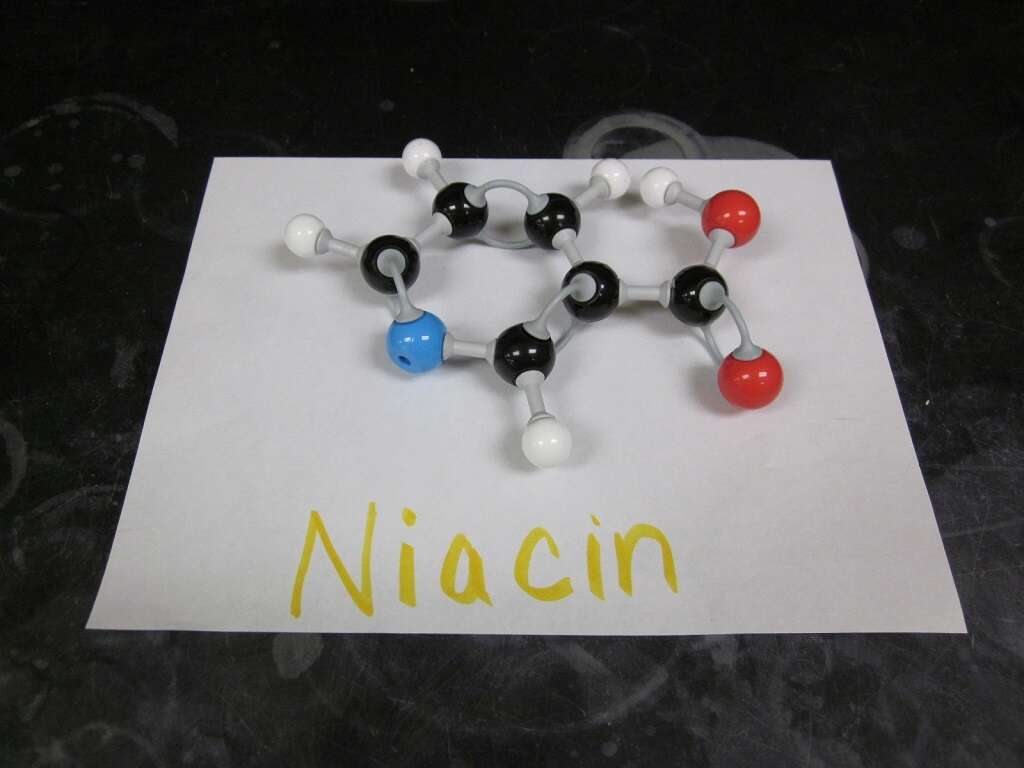Thiamine Deficiency Signs, Symptoms and More
 Article Sources
Article Sources
- 1. Osiezagha, Kenneth C, et al. 'Thiamine Deficiency and Delirium.' Innovations in Clinical Neuroscience, Matrix Medical Communications, Apr. 2013, www.ncbi.nlm.nih.gov/pmc/articles/PMC3659035
- 2. Liu M;Alimov AP;Wang H;Frank JA;Katz W;Xu M;Ke ZJ;Luo J; 'Thiamine Deficiency Induces Anorexia by Inhibiting Hypothalamic AMPK.' Neuroscience, U.S. National Library of Medicine, pubmed.ncbi.nlm.nih.gov/24607345.
- 3. Hammond, Nancy, et al. 'Nutritional Neuropathies.' Neurologic Clinics, U.S. National Library of Medicine, May 2013, www.ncbi.nlm.nih.gov/pmc/articles/PMC4199287
- 4. BL;, Gratton SM;Lam. 'Visual Loss and Optic Nerve Head Swelling in Thiamine Deficiency without Prolonged Dietary Deficiency.' Clinical Ophthalmology (Auckland, N.Z.), U.S. National Library of Medicine, pubmed.ncbi.nlm.nih.gov/24899800
- 5. BL;, Gratton SM;Lam. 'Visual Loss and Optic Nerve Head Swelling in Thiamine Deficiency without Prolonged Dietary Deficiency.' Clinical Ophthalmology (Auckland, N.Z.), U.S. National Library of Medicine, pubmed.ncbi.nlm.nih.gov/24899800
Pins and Needles/Tingling Sensations
Pins and needles, or a feeling of dead, numb or tingling limbs, are known as paresthesia. Many people experience tingling if they sit still in an awkward position for extended periods of time, cutting off circulation to their extremities.
Thiamine deficiency can cause pins and needles because the nerves in the extremities rely on thiamine to function properly. If the thiamine deficiency is allowed to continue for a long time, the damage to the nerves could become long lasting.
Advertisement










